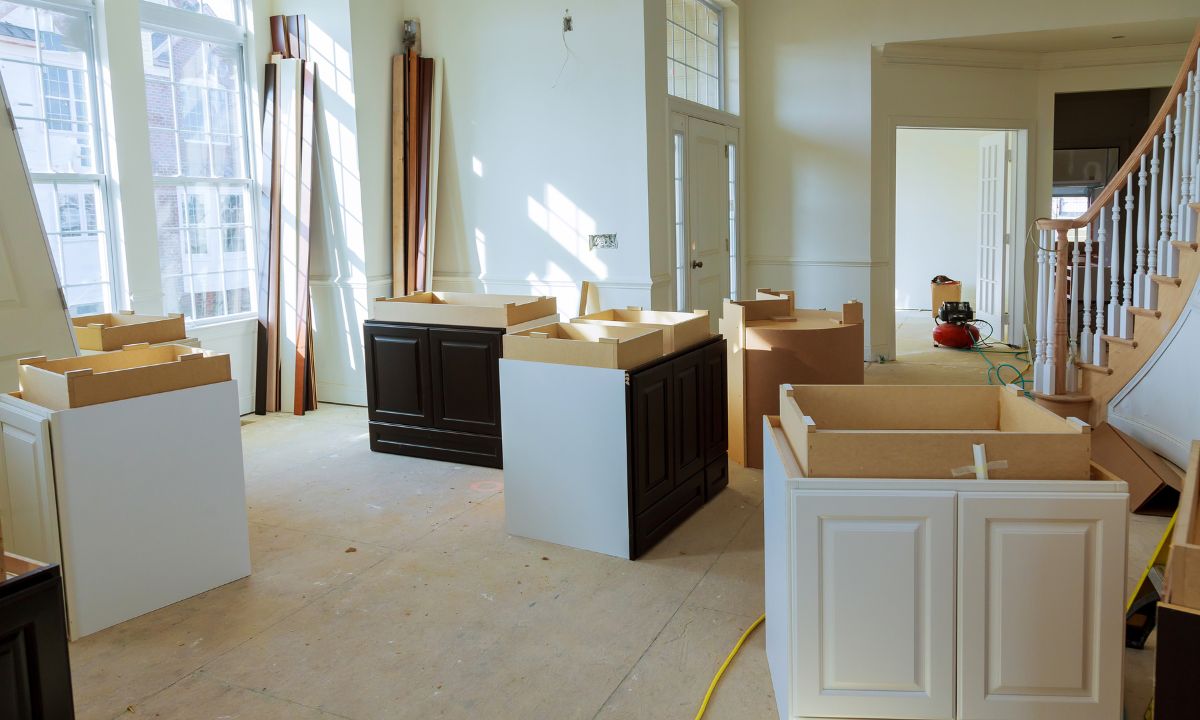 In today’s real estate market, the dream of owning a home can seem out of reach for many. However, various affordable housing initiatives are making homeownership more accessible. As a real estate agent, I want to share some strategies and programs designed to help you achieve your dream of owning a home.
In today’s real estate market, the dream of owning a home can seem out of reach for many. However, various affordable housing initiatives are making homeownership more accessible. As a real estate agent, I want to share some strategies and programs designed to help you achieve your dream of owning a home.
Understanding Affordable Housing
Firstly, it’s important to understand what affordable housing means. Affordable housing refers to housing units that are affordable to individuals or families with low to moderate incomes. This is often determined by the percentage of income spent on housing costs. Ideally, housing costs should not exceed 30% of a household’s income.
Government Programs and Assistance
One of the most significant ways to make homeownership accessible is through government programs. For instance, the Federal Housing Administration (FHA) offers loans with lower down payment requirements and more lenient credit score criteria. Additionally, the Department of Housing and Urban Development (HUD) provides resources and counseling for first-time homebuyers.
State and Local Initiatives
Moreover, many states and local governments have their own affordable housing programs. These can include down payment assistance, tax credits, and affordable mortgage options. Researching and taking advantage of these local resources can make a big difference in your homebuying journey.
Non-Profit Organizations
Another valuable resource is non-profit organizations dedicated to affordable housing. For example, Habitat for Humanity builds and sells homes at no profit to families in need. These organizations often provide education and financial counseling to help you become a successful homeowner.
Community Land Trusts
Furthermore, community land trusts (CLTs) are innovative strategies for affordable housing. CLTs acquire and hold land, then sell the homes on that land to lower-income buyers at affordable prices. This ensures that the homes remain affordable for future buyers as well.
Shared Equity Models
Shared equity models are another way to make homeownership more accessible. In these models, you purchase a home with the help of an investor who provides part of the down payment. When you sell the home, you share the profit with the investor. This can significantly reduce the upfront costs of buying a home.
Inclusionary Zoning
Additionally, inclusionary zoning policies require developers to include a certain percentage of affordable units in new residential developments. This ensures a mix of housing options within communities and increases the availability of affordable homes.
Financial Education and Counseling
Lastly, financial education and counseling are crucial in making homeownership accessible. Understanding your credit score, budgeting, and the home-buying process can empower you to make informed decisions and improve your financial readiness for homeownership.
Affordable housing initiatives play a vital role in making homeownership accessible for everyone. By exploring government programs, state and local initiatives, non-profit organizations, community land trusts, shared equity models, inclusionary zoning, and financial education, you can find the support you need to become a homeowner.
Homeownership is not just a dream; it can be a reality with the right resources and strategies. As a real estate agent, I’m here to guide you through this journey and help you find a home that fits your needs and budget.

 Buying your first home is an exciting milestone, but it can also be an overwhelming process, especially when it comes to understanding mortgages. For many first-time homebuyers, the world of mortgages can seem complex and filled with unfamiliar terminology. However, with a little knowledge and guidance, navigating the mortgage process can become much more manageable. In this guide, we’ll break down the basics of mortgages, explain key terms, explore different types of mortgages, and outline the application process for beginners.
Buying your first home is an exciting milestone, but it can also be an overwhelming process, especially when it comes to understanding mortgages. For many first-time homebuyers, the world of mortgages can seem complex and filled with unfamiliar terminology. However, with a little knowledge and guidance, navigating the mortgage process can become much more manageable. In this guide, we’ll break down the basics of mortgages, explain key terms, explore different types of mortgages, and outline the application process for beginners. Foreclosed properties can be diamonds in the rough for savvy homebuyers and investors alike. These distressed properties often come at discounted prices, presenting an opportunity to snag a great deal. However, navigating the process of buying a foreclosed property can be tricky and requires careful consideration. To help you make the most of this opportunity, here are some insider tips to keep in mind:
Foreclosed properties can be diamonds in the rough for savvy homebuyers and investors alike. These distressed properties often come at discounted prices, presenting an opportunity to snag a great deal. However, navigating the process of buying a foreclosed property can be tricky and requires careful consideration. To help you make the most of this opportunity, here are some insider tips to keep in mind: While watching shows like Property Brothers, Flip or Flop, Fixer to Fabulous, Fix My Flip and Fixer Upper may paint a rosy picture of buying a remodeled home, the reality often differs significantly. While these shows depict smooth transformations and stunning results, real-life experiences with remodeled homes can be far more complex and challenging.
While watching shows like Property Brothers, Flip or Flop, Fixer to Fabulous, Fix My Flip and Fixer Upper may paint a rosy picture of buying a remodeled home, the reality often differs significantly. While these shows depict smooth transformations and stunning results, real-life experiences with remodeled homes can be far more complex and challenging. Whether you’re a first-time homebuyer or a seasoned homeowner considering a refinance, the term “escrow account” often looms as a source of confusion. Yet, understanding the ins and outs of escrow accounts is crucial for managing your homeownership responsibilities effectively. In this article, we’ll address some common questions and concerns regarding escrow accounts to shed light on their importance and functionality.
Whether you’re a first-time homebuyer or a seasoned homeowner considering a refinance, the term “escrow account” often looms as a source of confusion. Yet, understanding the ins and outs of escrow accounts is crucial for managing your homeownership responsibilities effectively. In this article, we’ll address some common questions and concerns regarding escrow accounts to shed light on their importance and functionality.